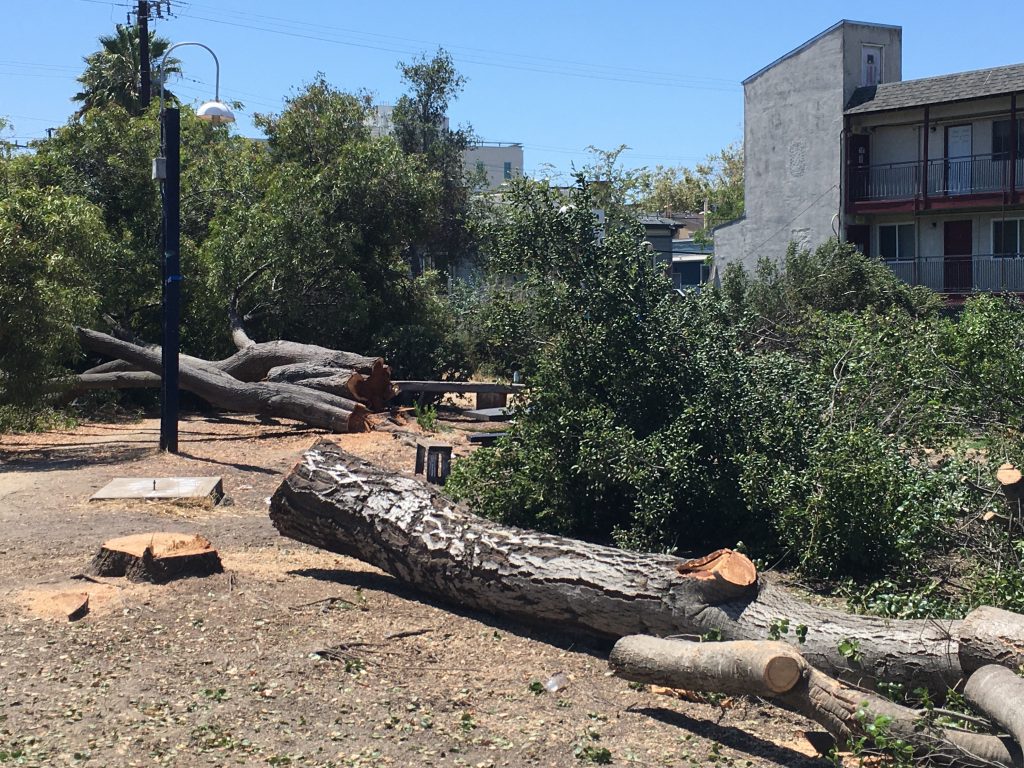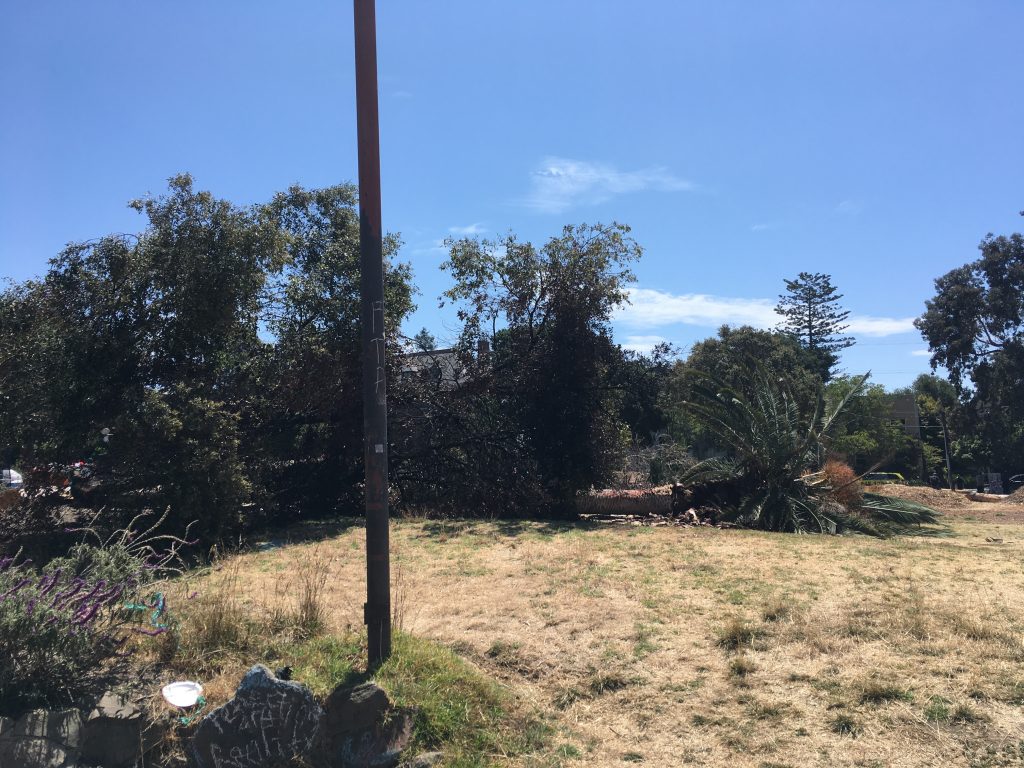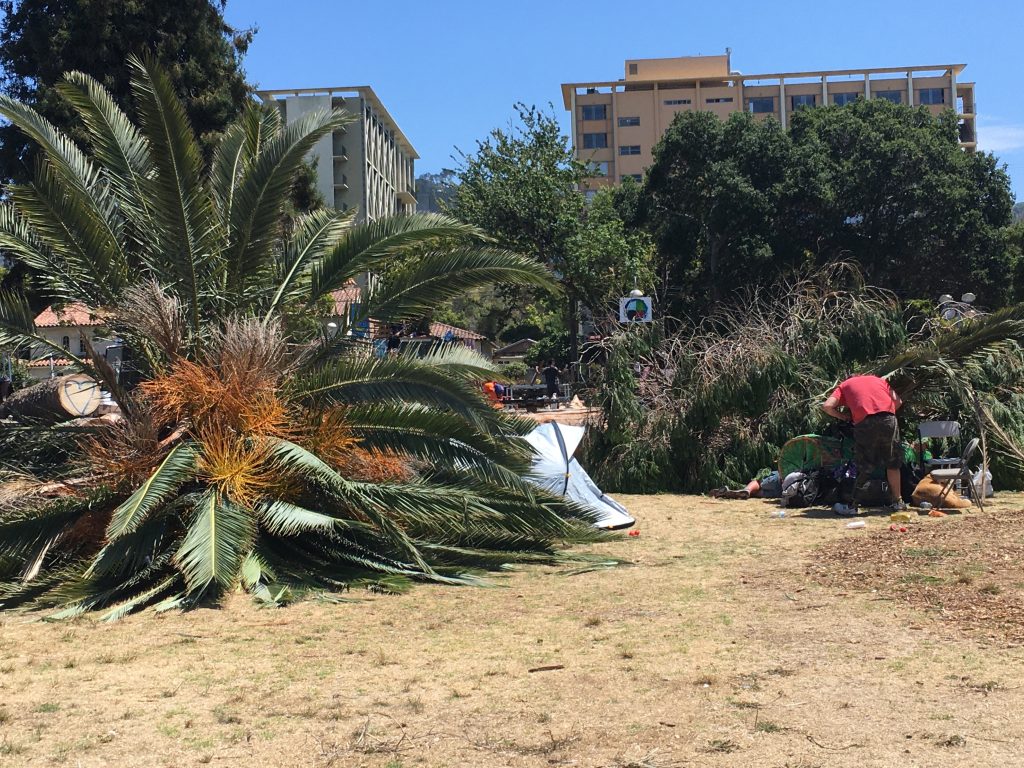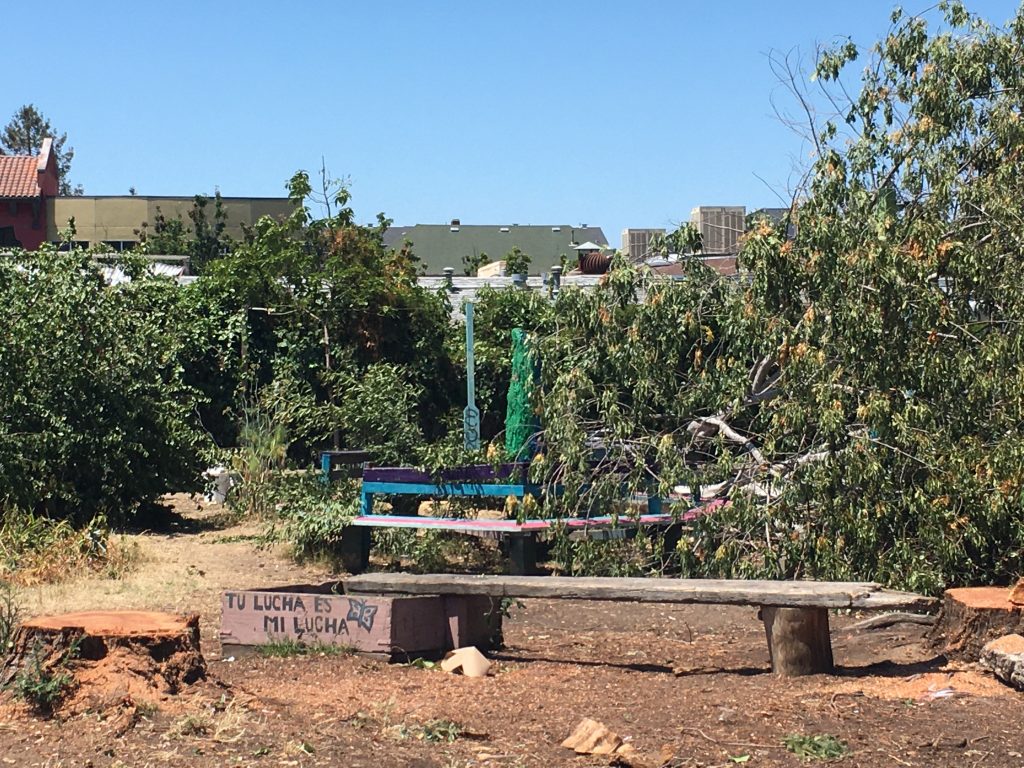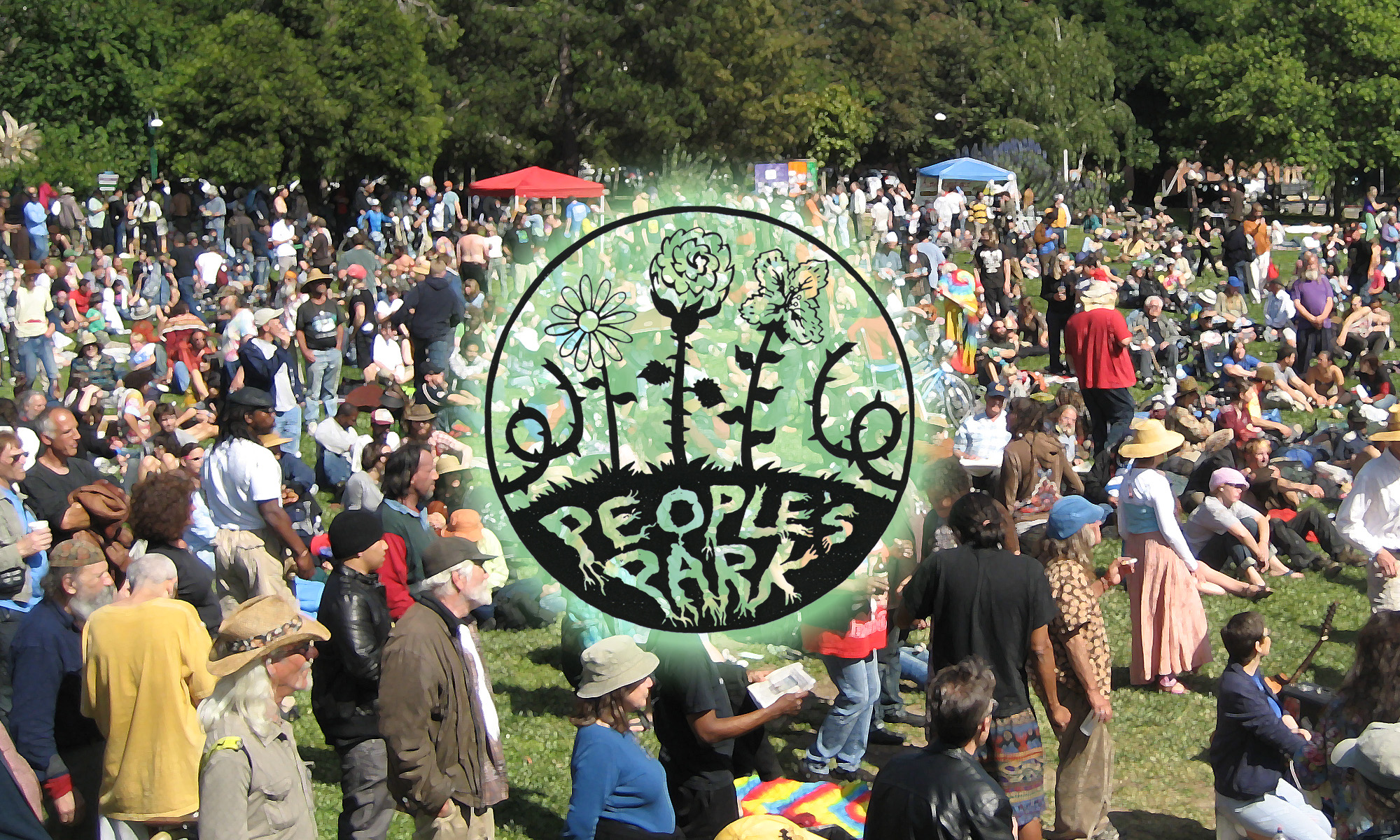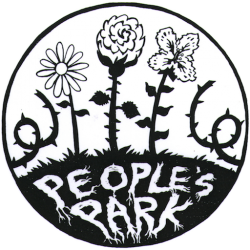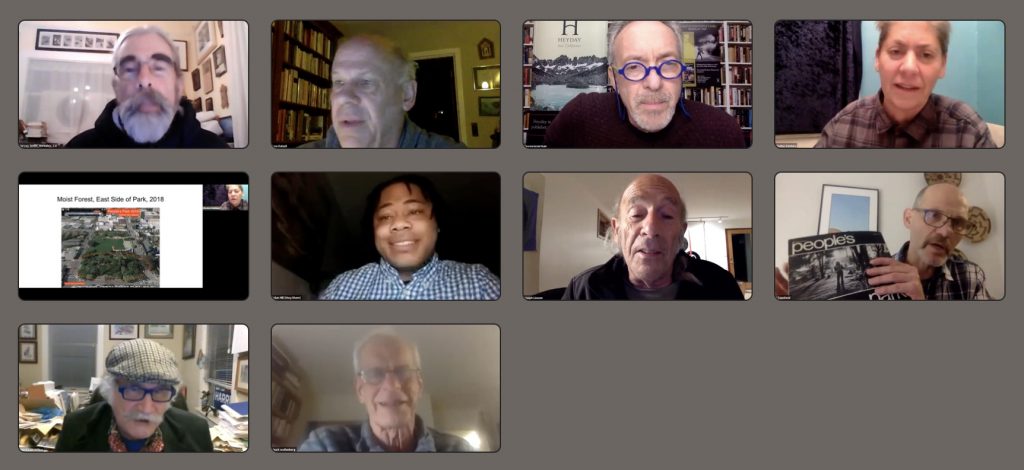This statement is published at:
https://www.berkeleyside.org/2023/01/10/opinion-peoples-park-student-housing-alternate-site
We suggest UC Berkeley commence construction of the student and supportive housing planned for the park on an alternate site as soon as possible.
By Shirley Dean and Gus Newport
Jan. 10, 2023, 8:01 a.m.
Although UC Berkeley has stated it wants to build 8,000 student housing beds as soon as possible, the university has picked a site, knowing it would be vigorously opposed, and now has caused months of delay. We suggest it commence construction of the student and supportive housing planned for People’s Park on an alternate site as soon as possible. Indeed, UCB has identified up to 15 alternative sites.
The National Register of Historic Places has recognized the value of People’s Park. The park has an over half-century legacy of cultural events; town, gown and political events; a biosystem of flora and fauna; a surround of highly significant architecture; and a role as an everyday community recreation site.
UC has been defeated in the courts in many of the California Environmental Quality Act challenges to its campus development plans. These court decisions have made it clear that UCB is not doing an adequate job of identifying and mitigating the impacts of its development in Berkeley.
Additionally, UC’s reckless demolition of most of the historic trees in People’s Park on Aug. 3 has threatened a key element of the HUD funding for the supportive housing portion of the project due to the lack of agreement to do the required federal environmental review, thus putting that project in jeopardy.
UCB’s almost 50% increase in enrollment (almost 15,000 students) means that the Southside of Berkeley desperately needs the open space of People’s Park. Based on the city’s recent population growth, concentrated in the areas nearest the campus, and the city’s standard of 2 acres of park and open space per 1,000 residents, the Southside neighborhoods need approximately 18 acres of new, accessible open space.
City planners agree increasingly dense urban areas need more parks, not fewer. Furthermore, the park is needed as a shelter during earthquakes, fires and pandemics – Berkeley will face them all again.
Now is the time to develop a feasible plan of action based on cooperation between the state, the University of California and Berkeley residents who host its flagship campus.
The park’s future should include proper maintenance, user development, and interpretation to provide Berkeley residents and visitors with information on all aspects of People’s Park — Berkeley’s incredible architectural legacy and the political and cultural history of activism on the Southside. Like other parks, it should become a welcoming recreation resource for anyone in the community – housed or unhoused city residents, students, and visitors of all backgrounds and income levels.
Both the city of Berkeley and UC Berkeley celebrate the Free Speech and Sixties history of the Telegraph Avenue corridor. It is an asset to the city and the university and draws visitors from around the globe to Berkeley. Preserving and enhancing the park can only add to its value as a treasured Berkeley attraction.
With the park’s permanence assured, its future could evolve in collaboration with the People’s Park Council, the long-standing consensus-based group of stewards and advocates for the park, with California Indian tribes, and with a land trust or conservancy. Financing for this vision could be through federal or state funds for parks.
Whatever future model is adopted for People’s Park, it is clear that the plan to destroy the park and the possibility of continuing conflict between park users and the university are neither desirable nor inevitable. Community members can develop a partnership with an enlightened public agency to preserve and enhance People’s Park in a way that honors its culture and heritage and provides valuable open space for the Southside neighborhood. With goodwill and hard work, this future is possible.
Shirley Dean and Gus Newport are former mayors of the city of Berkeley.
